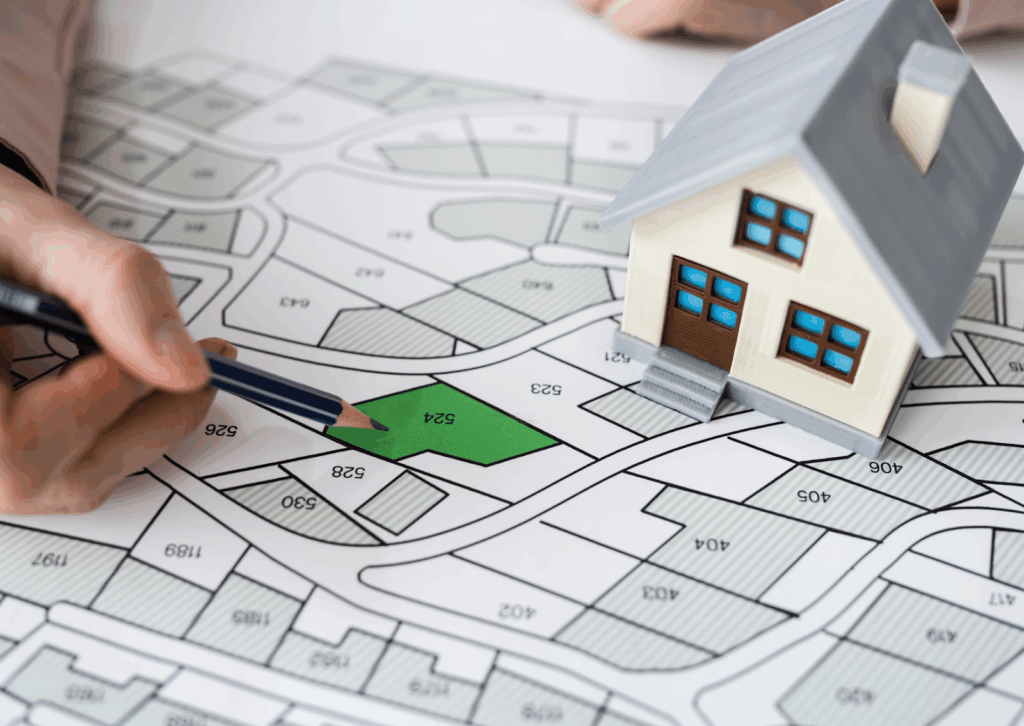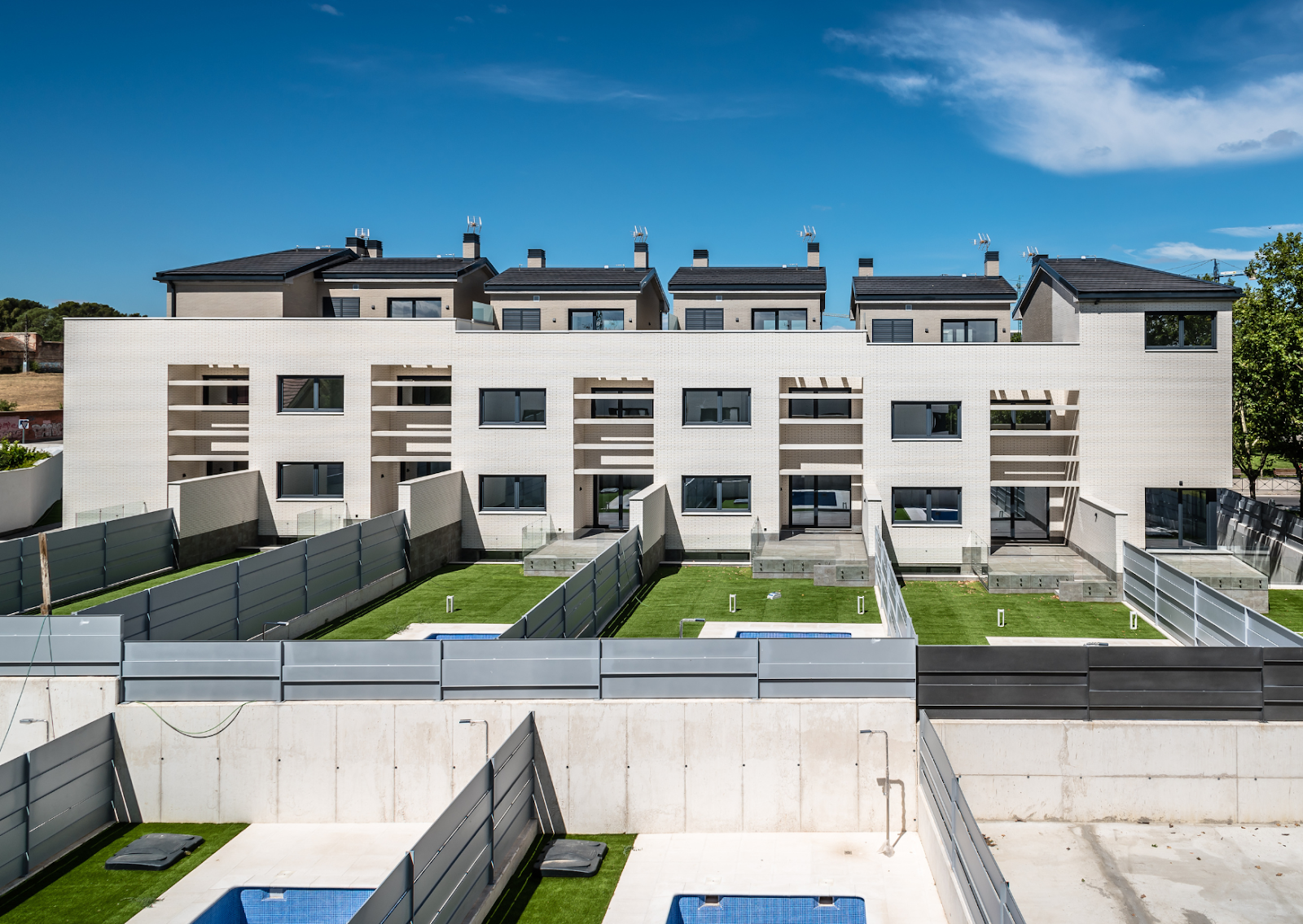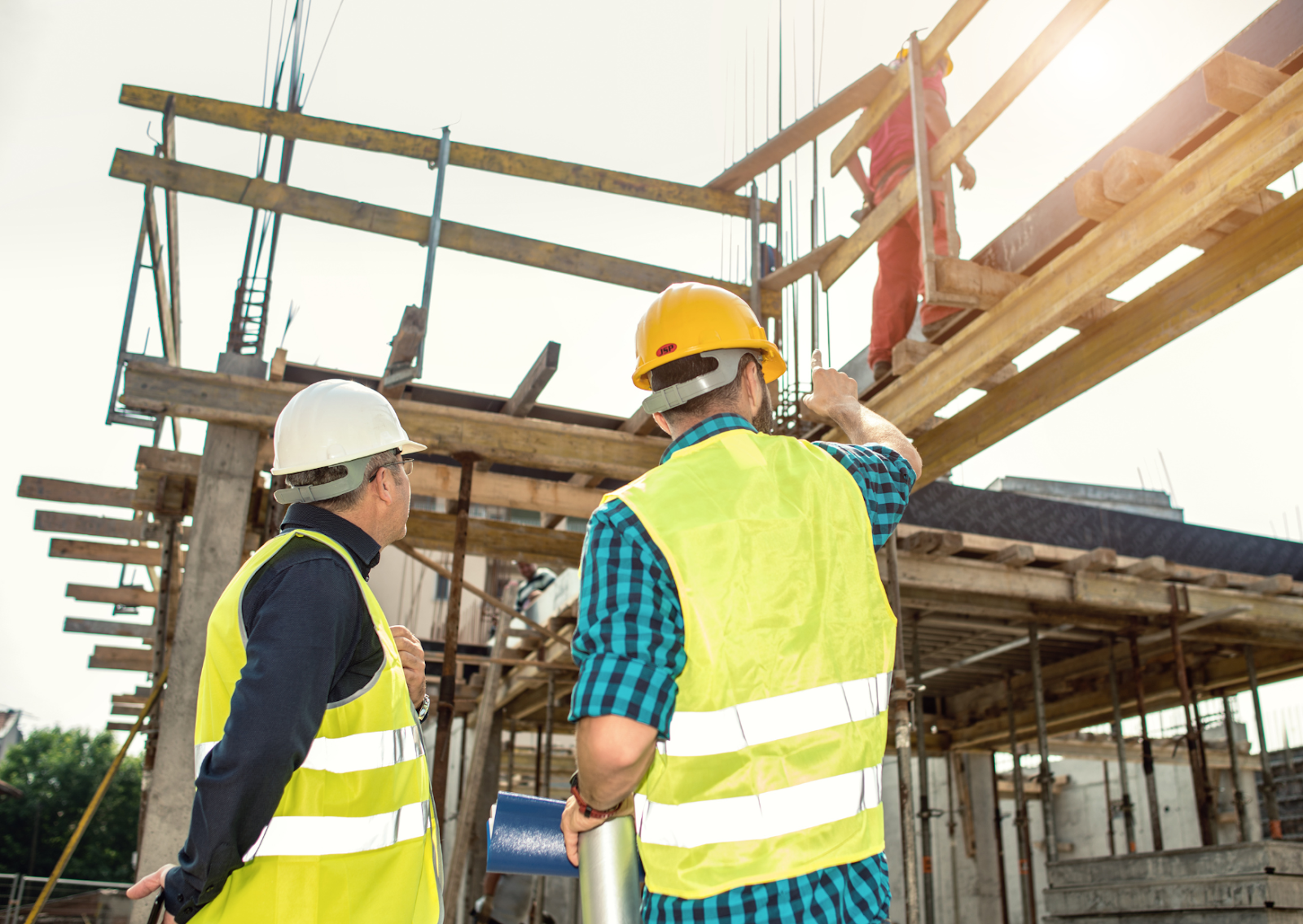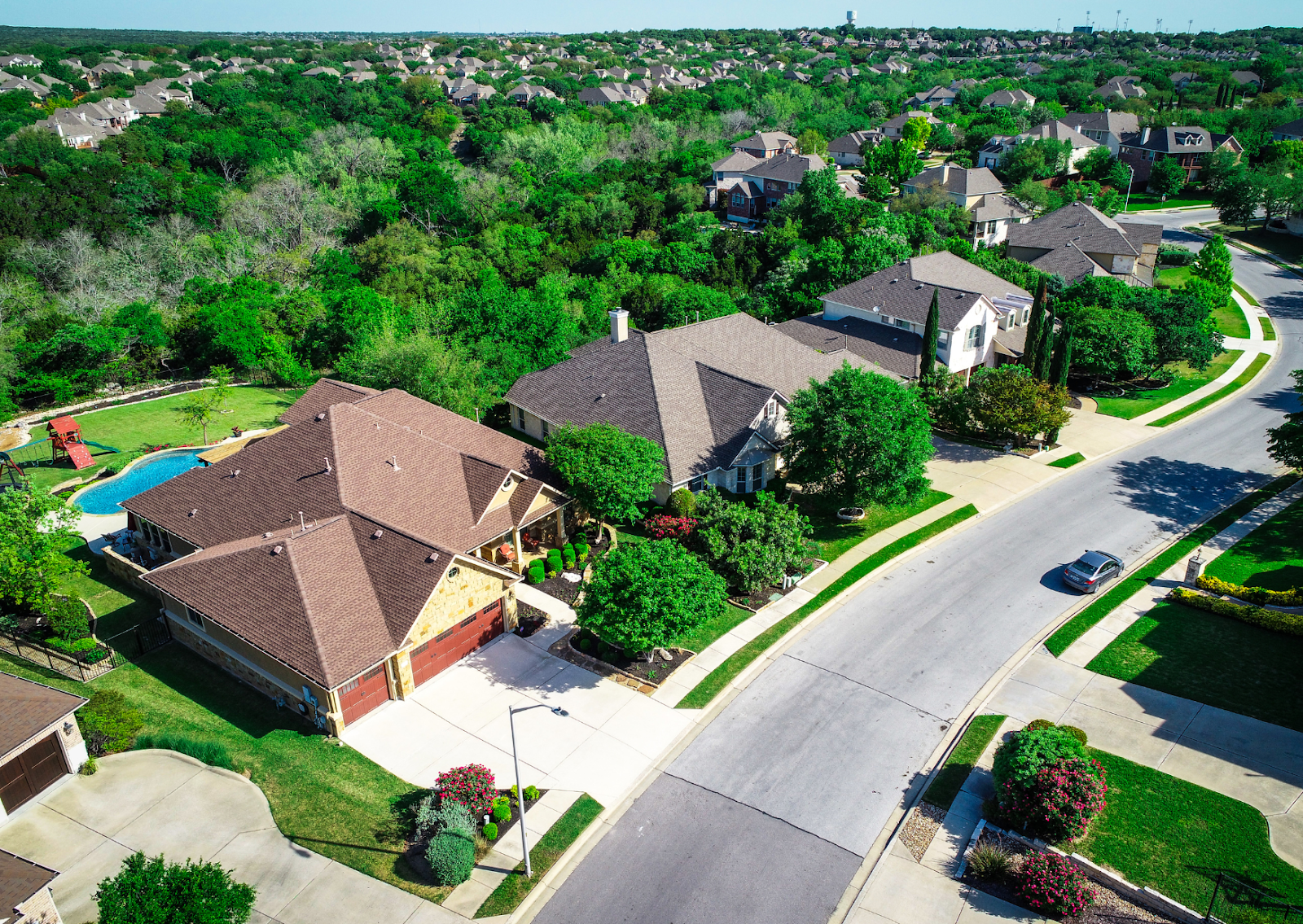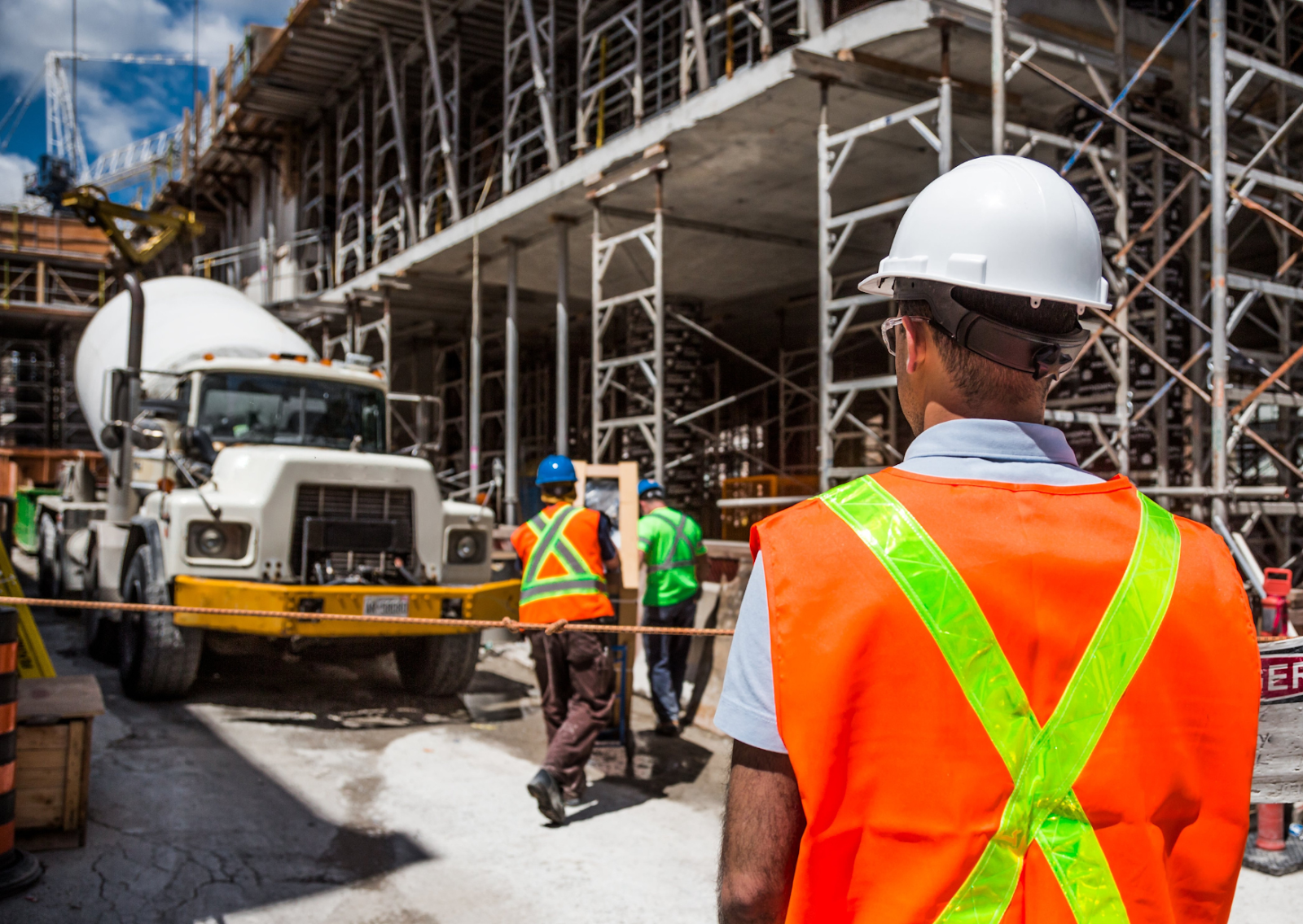What Is the Role of a Housing Developer in Real Estate Development?
A housing developer plays a vital role in shaping the urban landscape, especially in dynamic cities like Los Angeles. A developer is responsible for identifying opportunities, managing resources, and overseeing every stage of the development process from concept to completion. Their goal is to transform land into viable housing or mixed-use projects that meet community needs and market demands.
In real estate development, the housing developer functions as the project leader. They coordinate with architects, contractors, city officials, and housing partners to ensure the project is feasible, permitted, financed, built, and marketed successfully. Whether working with a nonprofit or a housing corporation, developers focus on impact, sustainability, and profitability.
How Do Developers Evaluate the Potential for Housing Development?
Before breaking ground, developers in Los Angeles conduct a feasibility study to analyze whether a project makes sense financially, legally, and environmentally. This early stage helps identify whether the site is suited for housing development and whether market demand supports it.
Key aspects of the feasibility analysis include:
- Zoning laws and building codes: Understanding what type of development is legally permitted on a site.
- Environmental constraints: Evaluating risks such as earthquake zones, wetlands, or contaminated land.
- Market demand: Looking at vacancy rates, pricing trends, and growth forecasts for housing in the area.
- Financial modeling: Estimating costs, revenues, and returns for investors and stakeholders.
This process is critical for reducing risk and gaining stakeholder confidence.
How Do Developers Acquire and Prepare Land for Development?
After identifying a viable opportunity, a housing developer moves into the land acquisition phase. This step often involves negotiating purchases, navigating legal hurdles, or forming partnerships with landowners.
In Los Angeles, where land is scarce and expensive, bridge housing and affordable housing projects often involve creative deals such as:
- Joint ventures between public agencies and private firms
- Land trusts that preserve land for community benefit
- Long-term leases that avoid direct purchase
Preparation can also include environmental cleanup, site grading, and coordinating utility access, especially for developers housing in older or underutilized parts of the city.
What Happens During the Planning and Design Phase?
Once the site is secured, estate developers collaborate with architects, engineers, and planners to develop a design that balances aesthetics, cost, and regulation.
This stage is especially complex in Los Angeles due to:
- Design guidelines that reflect cultural and environmental values
- Public review processes that require transparency and community input
- Sustainability goals like LEED certification or solar-ready construction
Developers must also submit detailed plans for entitlements and permits. Without these approvals, construction cannot proceed.
How Do Housing Developers Secure Financing and Investment?
Financing is often the most challenging part of the development process. A real estate developer must pull together a capital stack that might include:
- Bank loans or construction financing
- Private equity or institutional capital
- Public programs that support affordable housing
- Grants or subsidies for green building or community projects
A strong developer builds networking relationships with investors, lenders, and government agencies. In Los Angeles, partnerships with housing corporation initiatives or nonprofit groups can open up unique funding sources.
Financial modeling, risk analysis, and negotiations are essential to ensure that projects stay solvent and deliver returns.
What Responsibilities Do Developers Have During Construction?
With financing and permits in place, construction begins. The housing developer acts as the general manager, coordinating:
- Contractors and subcontractors
- Procurement of materials
- Quality control and safety compliance
- Scheduling and budget oversight
Large development firms often hire a dedicated project manager to oversee this phase, ensuring that construction stays on track and complies with city codes.
Delays in materials, labor shortages, or permit issues can derail timelines, so proactive management is key. For real estate development in Los Angeles, resilience and adaptability are critical.
How Do Developers Market and Sell or Lease Housing Units?
As construction nears completion, developers shift focus to marketing and sales. This phase includes:
- Advertising through digital, print, and real estate networks
- Showcasing model units to attract interest
- Partnering with brokers or agents to handle leasing or sales
In competitive markets like Los Angeles, branding and visibility are essential. Developers may work with community influencers, host events, or stage open houses to generate buzz around the housing development.
For rental units, leasing agents screen tenants and manage move-ins. For for-sale projects, escrows and financing packages must be finalized with buyers.
What Role Do Developers Play in Property Management and Operations?
Post-construction, many estate developers transition into operations or hand off the property to a housing corporation, management company, or local authority. Their responsibilities may include:
- Ongoing maintenance and repairs
- Rent collection and lease management
- Facility upgrades or green retrofits
For affordable housing or public programs, developers may also ensure compliance with funding conditions, income verification, and tenant support services.
Maintaining a long-term impact in the community requires strong systems and responsive service.
How Do Developers Engage With the Community and Ensure Long-Term Success?
In Los Angeles, public trust is essential. Housing developers who involve local communities early and often are more likely to receive support and avoid delays.
Key elements of community engagement include:
- Public meetings and workshops
- Feedback surveys on proposed designs
- Partnerships with local nonprofits, schools, or cultural groups
Sustainability is also a growing focus. Many developers aim for:
- Green certifications like LEED or WELL
- Reduced carbon footprints
- Long-term resilience to earthquakes and climate risks
By aligning with local values and showing genuine concern for residents, developers build trust and create long-term value.
How Can You Work With a Trusted Housing Developer in Los Angeles?
If you’re exploring opportunities in property development, need a seasoned partner, or want to bring your vision to life in Los Angeles, consider working with a developer that understands both the technical and human side of development.
MID Construction Group is known for its commitment to quality, integrity, and community. With proven expertise across all stages of the development process, they’re equipped to guide you from feasibility to final delivery. Whether you’re a landowner, investor, or public agency, MID Construction Group can help bring your ideas to reality. Call now for more information!
What Should You Remember About the Housing Development Journey?
A housing developer is much more than a builder. They are visionaries, coordinators, problem-solvers, and community partners. From conducting feasibility studies and securing land to designing, constructing, and managing housing projects, developers shape the way we live.
In Los Angeles, where challenges are complex and opportunities are vast, working with experienced developers on housing projects from start to finish ensures success, not just in profits, but in lasting impact for our communities.
Works Cited
City of Los Angeles Department of City Planning. “Zoning Code Manual & Commentary.” Planning.lacity.org, 2024, https://planning.lacity.org/zoning.
U.S. Department of Housing and Urban Development. “Affordable Housing Programs.” Hud.gov, 2023, https://www.hud.gov/program_offices/comm_planning/affordablehousing.
Urban Land Institute. “What Developers Need to Know About Entitlements.” ULI.org, 2022, https://uli.org/research/real-estate-entitlements-guide.
California Department of Housing and Community Development. “State Housing Initiatives.” Hcd.ca.gov, 2024, https://www.hcd.ca.gov/policy-research.
Los Angeles Business Council. “Housing and Sustainability in Los Angeles.” Labcouncil.org, 2023, https://labusinesscouncil.org/publications/housing-sustainability-la.
Frequently Asked Questions:
1. What is the first step a housing developer takes in a new project?
The first step is conducting a feasibility study, which includes analyzing zoning laws, environmental factors, market demand, and financial projections to determine whether the development is viable.
2. How do housing developers in Los Angeles acquire land for projects?
Developers may purchase land outright, enter into joint ventures with landowners, or lease land long-term. They also address site preparation, including environmental remediation and utility planning.
3. How do developers finance housing development projects?
Financing often comes from a mix of sources such as bank loans, private investors, public programs, and grants. Developers also rely on networking with housing partners and government agencies.
4. What happens after a housing project is built?
Once construction is complete, developers may handle leasing or sales, and many remain involved in property management. This includes maintenance, tenant relations, and ensuring compliance with affordable housing programs.
5. Why is community engagement important for housing developers?
Community engagement builds trust, reduces project delays, and ensures developments align with local needs. Developers host meetings, gather feedback, and may partner with nonprofits to strengthen their project’s community impact.

